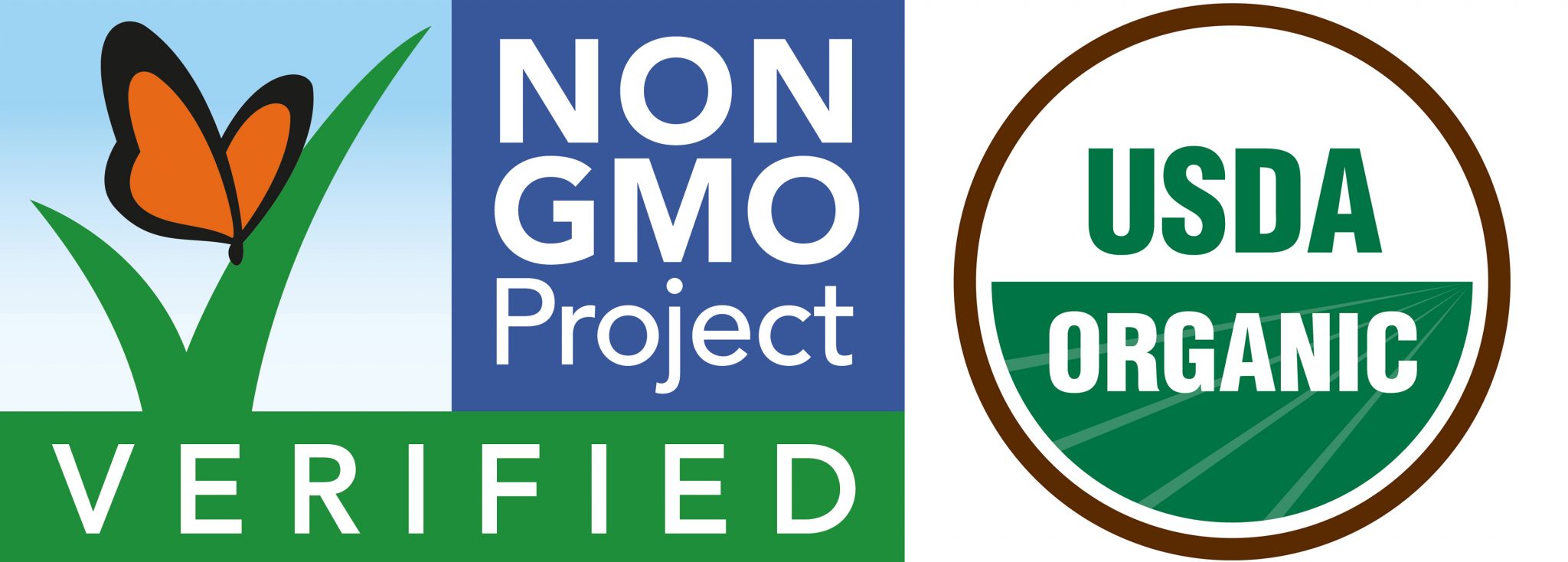Organic vs. Non-GMO
After doing approximately one zillion popcorn demos the one question I get asked most is: Is this GMO, or is it organic? It’s at that moment where my shoulders slump just slightly, I sigh silently and put a smile on my face, getting up the energy to explain one more time that Non-GMO and organic are NOT the same. And why, my open-pollinated corn is something yet again different (and better).
I thought I would take the opportunity to summarize the difference so that perhaps one of the 120 people that visit this website each month might read it and share this fun fact with their friends. But let me caveat this by stating that I am not a scientist, nor do I play one on TV. What follows is my attempt at a layman’s explanation of some pretty complicated stuff.
Here goes…
Organic –for our purpose, let’s stick to corn– means that the product was grown without using any chemicals or non-organic materials. These materials include, chemical pesticides, chemical or non-organic growth agents or additives.
Non-Genetically Modified Organism (GMO) refers to whether or not the corn, in my case, has been genetically altered. To quote the Non-GMO project GMOs “are organisms whose genetic material has been artificially manipulated in a laboratory through genetic engineering.”
Basically, the DNA of an organism is altered by the insertion of a new DNA element or the manipulation of the current DNA. The purpose of genetically modifying an organism is to produce, eliminate or change a specific trait.
Unfortunately, neither organic or Non-GMO really touch on why our Petite Maize is so unique. Our popcorn is an heirloom variety; it is grown without any human intervention. Our farmers don’t control the pollination process or cross breed their seeds to generate certain traits. It’s about as Non-GMO as you can get. That is why our seeds are thin, smaller and more delicate, while hybrid popcorn is typically larger, sometimes much larger, yellow, chewy with harder hulls.
The difference is in the taste! It’s good and good for you.
For more information spend some time on:
